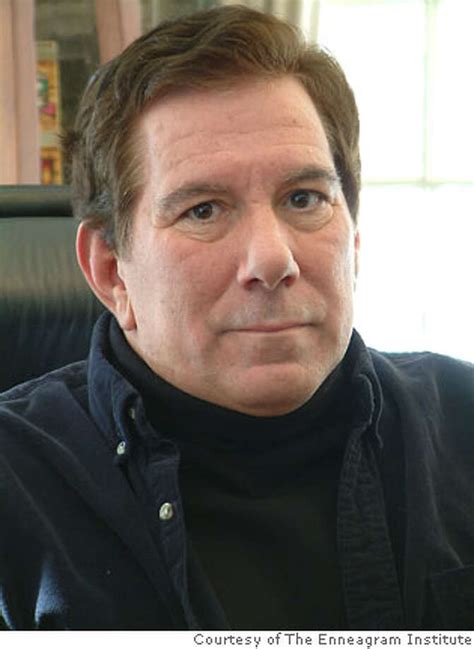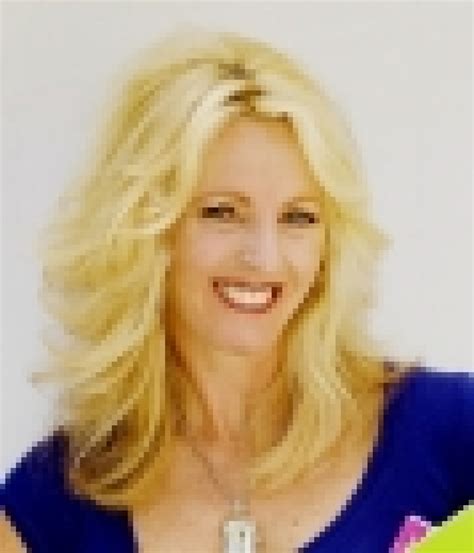A Quote by Louise Hay
Loving the self, to me, begins with never ever criticizing ourselves for anything. Criticism locks us into the very pattern we are trying to change. Understanding and being gentle with ourselves helps us to move out of it. Remember, you have been criticizing yourself for years, and it hasn't worked. Try approving of yourself and see what happens.
Related Quotes
The first step to change,... is accepting your reality right now. Honoring your process. Compassionate self-awareness leads to change; harsh self-criticism only holds the pattern in place, creating a stubborn and defensive Basic Self. Be gentle with yourself as you would with a child. Be gentle but firm. Give yourself the space to grow. But remember that the timing is in god's hands, not yours. page~147
The testimony of the greatest humans who have ever lived is that the way to make the most of ourselves is by transcending ourselves. We must learn to move beyond self-centeredness to make room within ourselves for others. When you transcend yourself, the fact will be confirmed by the quality of your life. We will attain - even if only momentarily - a transparency and a radiance of being which results from living both within and beyond yourself. This is the promise and the excitement of self-understanding.
After each failure, ask forgiveness, pick yourself up, and try again. Very often what God first helps us toward is not the virtue itself but just this power of always trying again. For however important chastity (or courage, or truthfulness, or any other virtue) may be, this process trains us in habits of the soul which are more important still. It cures our illusions about ourselves and teaches us to depend on God. We learn, on the one hand, that we cannot trust ourselves even in our best moments, and, on the other, that we need not despair even in our worst, for our failures are forgiven.
For some reason, we are truly convinced that if we criticize ourselves, the criticism will lead to change. If we are harsh, we believe we will end up being kind. If we shame ourselves, we believe we end up loving ourselves. It has never been true, not for a moment, that shame leads to love. Only love leads to love.

































